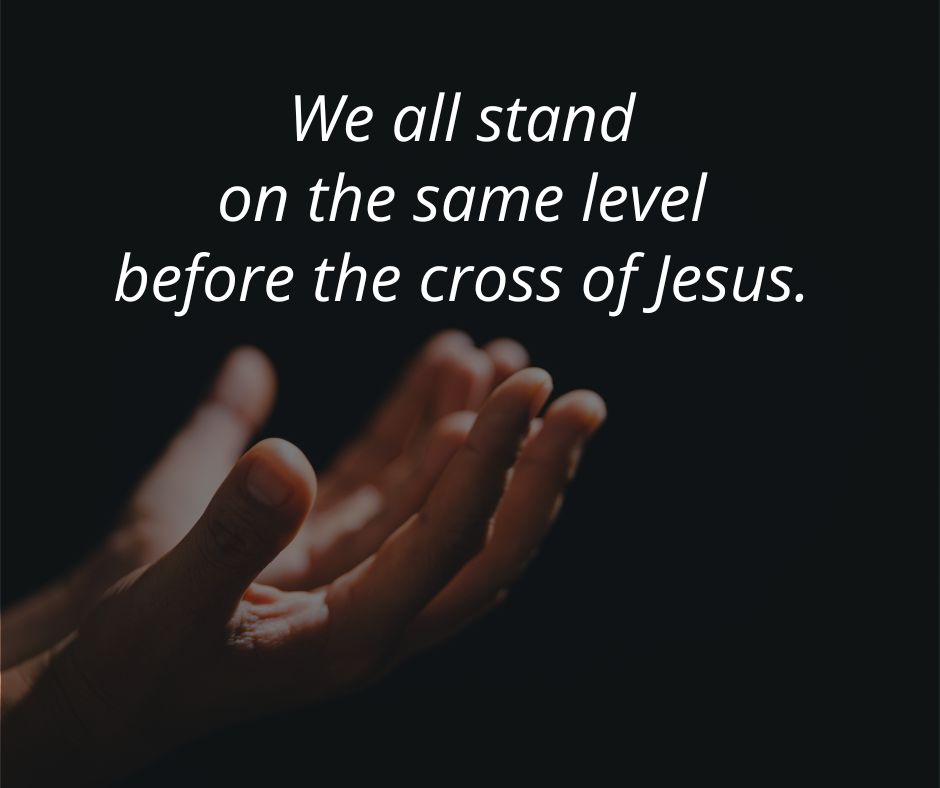Help! I'm Not Good at Forgivenessنموونە


Matthew 18:21-35 is known as "The Parable of the Unmerciful Servant." The story of this servant invites us to learn from his mistakes about who God is creating us and calling us to be. The short version of the story is this: a man owes a massive debt. The debt is so large that he would never be able to repay it. To the shock of everyone, the king who was owed the debt chose to forgive it.
The forgiven man then proceeds to find another man who owes him a small sum, especially by comparison to the debt that’s just been forgiven. Though his debt was forgiven, the first man’s heart was unchanged.
In this plan, I want to share four key attitudes that help us forgive others. Each attitude is the product of receiving God's forgiveness through Jesus Christ. The first attitude that being forgiven creates in us is humility. When we are forgiven, we have an opportunity to be humbled.
In this story, which Jesus tells in Matthew 18, the unmerciful servant struggles to forgive, refusing to give what he had been given to the man who owed him. The first man’s pride kept him from giving forgiveness. He saw himself as better than the man who owed him the small debt. For many of us who struggle to forgive, one of the barriers for us is our arrogance. We struggle to believe we are the same when we think about the person who hurt us. Many of us feel that we're better or above them.
We'll never fully experience the forgiveness God desires for us as long as we believe we're better than those who hurt us. The Bible says we are no better than those who hurt us.
This reality was a jagged pill for me to swallow several years ago. While preparing to preach a series on forgiveness, I discovered I had yet another person I needed to forgive. Truthfully, I thought I was better than them.
Now, I'm not excited to share this truth with the world. However, as I considered what happened in the incident that injured me, I responded arrogantly: “If I were in their shoes, I wouldn't have done that.”
Why did I say that?! Because I thought I was a better person than they were. As long as I looked down on them with pride and arrogance, I would never forgive them.
When we experience the forgiveness that comes from Jesus, facing our sin and brokenness with sobriety, we realize that without His forgiveness, we are hopeless!
We all stand on the same level before the cross of Jesus. We all need to be forgiven because given the right circumstances, all of us wound others. When we truly embrace Jesus' mercy and forgiveness, God humbles us.
However, the unmerciful servant wasn't humbled. He didn't get it. Forgiveness didn't sink into his heart. What happened to him failed to change him. In Ephesians 4, Paul wrote about getting rid of bitterness and anger and replacing them with kindness, tenderness, and forgiveness. He didn’t tell us to do this because we’re good people. He told us to do this “because God in Christ forgave you.”
On day three of this plan, we’ll examine the second attitude forgiveness creates. Let me warn you—it is an attitude I did not see coming!
کتێبی پیرۆز
دەربارەی ئەم پلانە

Forgiveness is not easy, and many of us struggle with it. How do we get better at forgiving? This plan unpacks Jesus' most famous teaching on forgiveness and four key attitudes He builds in us as we accept His forgiveness ourselves. If you're not good at forgiveness, this is the plan for you!
More








